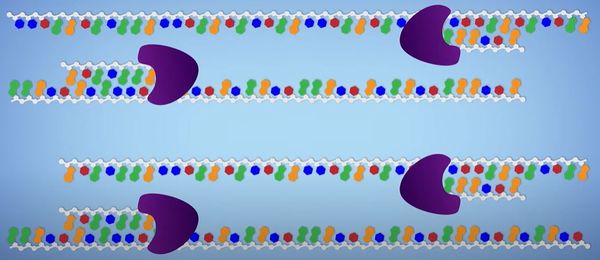
Technical data Polymerase chain reaction (PCR)Article no: P8111100  Principle This experiment is designed to teach PCR laboratory techniques in a forensic context. In addition, students also learn about the hereditary disease cystic fibrosis and the links between genes and disease, personal identification and the use of biotechnology for genetic analysis.
Benefits
Tasks
Learning objectives
To perform subsequent gel electrophoresis, a gel electrophoresis device is required. We recommend the student set TESS Genetics (15312-88).
Scope of delivery
| |||||||||||||||||||||||||||
Robert-Bosch-Breite 10 – 37079 Göttingen – Germany
www.phywe.com

